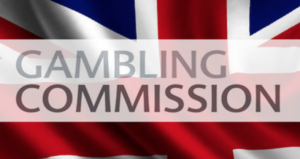The UK Gambling Commission (UKGC) has joined over gambling regulators from across the globe in an investigation into the links between video games and gambling, with specific attention being given to the possible affects on children and young people.Over ten regulatory bodies across Europe and the US have signed an agreement to carry out the investigation amid fears that risks towards children are continuously growing.
Skins
The main concern is around in-game purchases, also known as skins, which can be bought by players in video games to increase their chances of winning.The CEO of the UKGC has spoke out against these skins, warning that the sites that provide them are unlicensed and can appear at any time, suggesting to children that gambling can help their gameplay, using money that should be used for buying games themselves as opposed to in-game purchases.While often being able to be collected during regular gameplay without spending money, there is also the option of buying the skins instead of playing to get them, as well as other skins which are only available through real money purchases.
Survey
A survey in 2017 discovered that 11% of young people between the ages of 11 and 16 had already engaged in ‘skin betting’ to some degree.Websites also offer the chance for players to gamble their skins for the chance of winning better ones, or losing the ones they have.The fact that the majority of video games are aimed at young people means that this is often the first experience of gambling that children have, when they are far below the legal age for gambling in the UK.Between skins and ‘loot boxes’, random items that can be purchased during gameplay, there are real concerns about the affects on young people, and this investigation looks to delve deeper into the possible risks.













